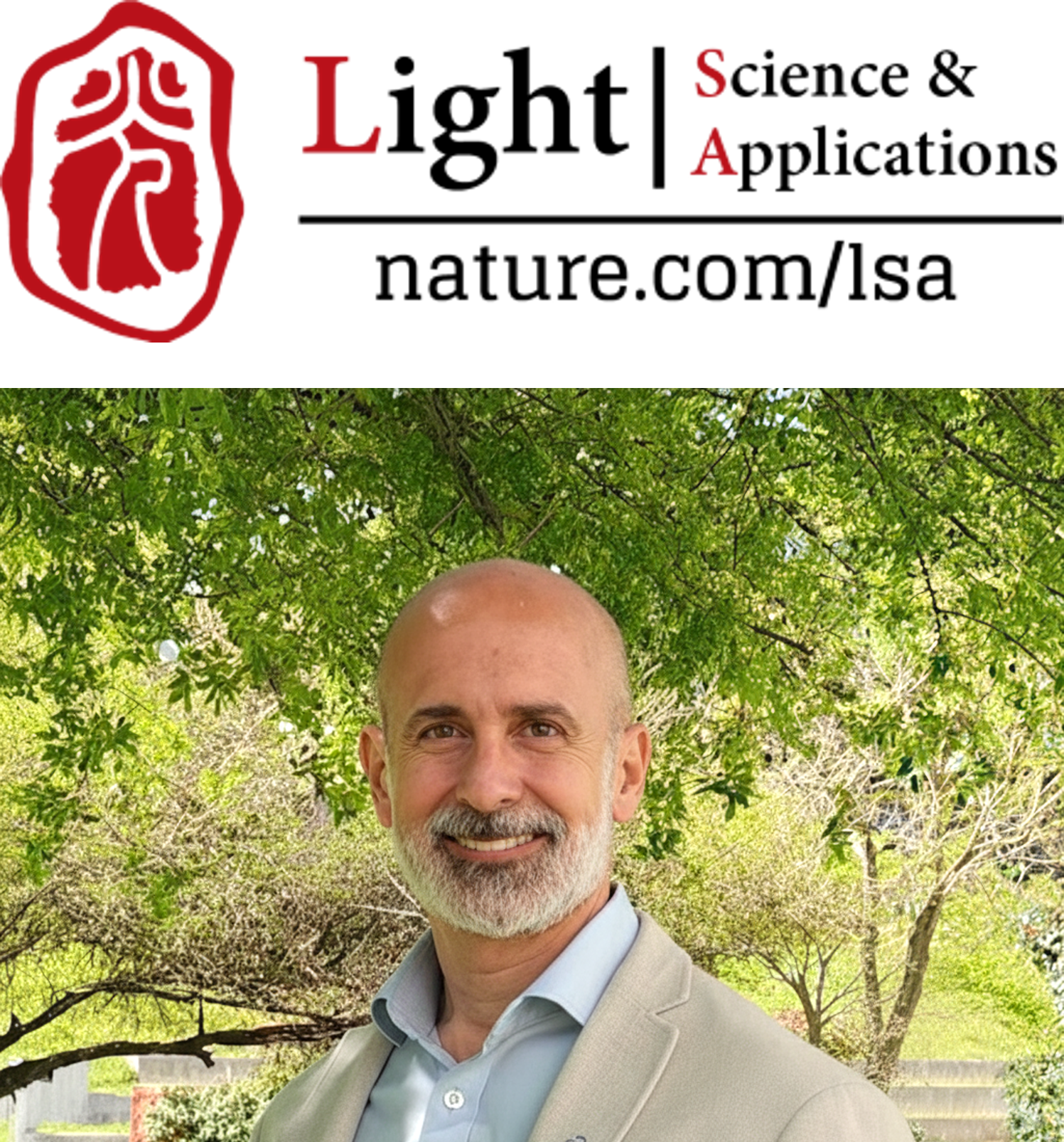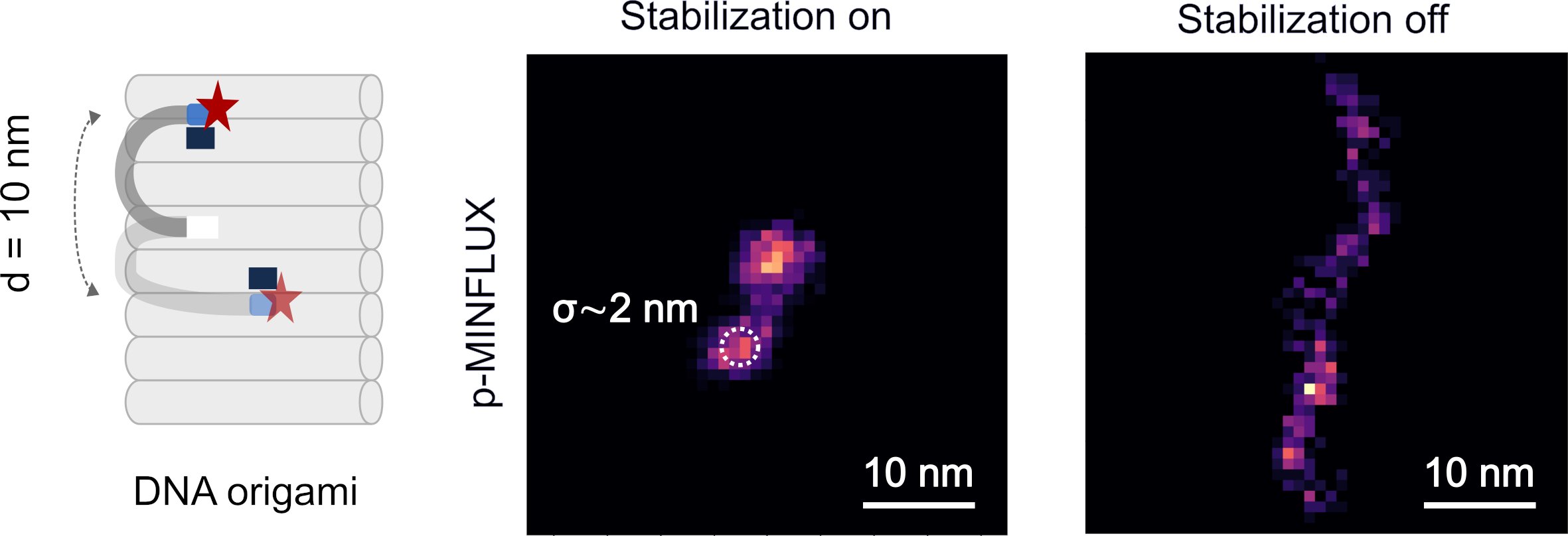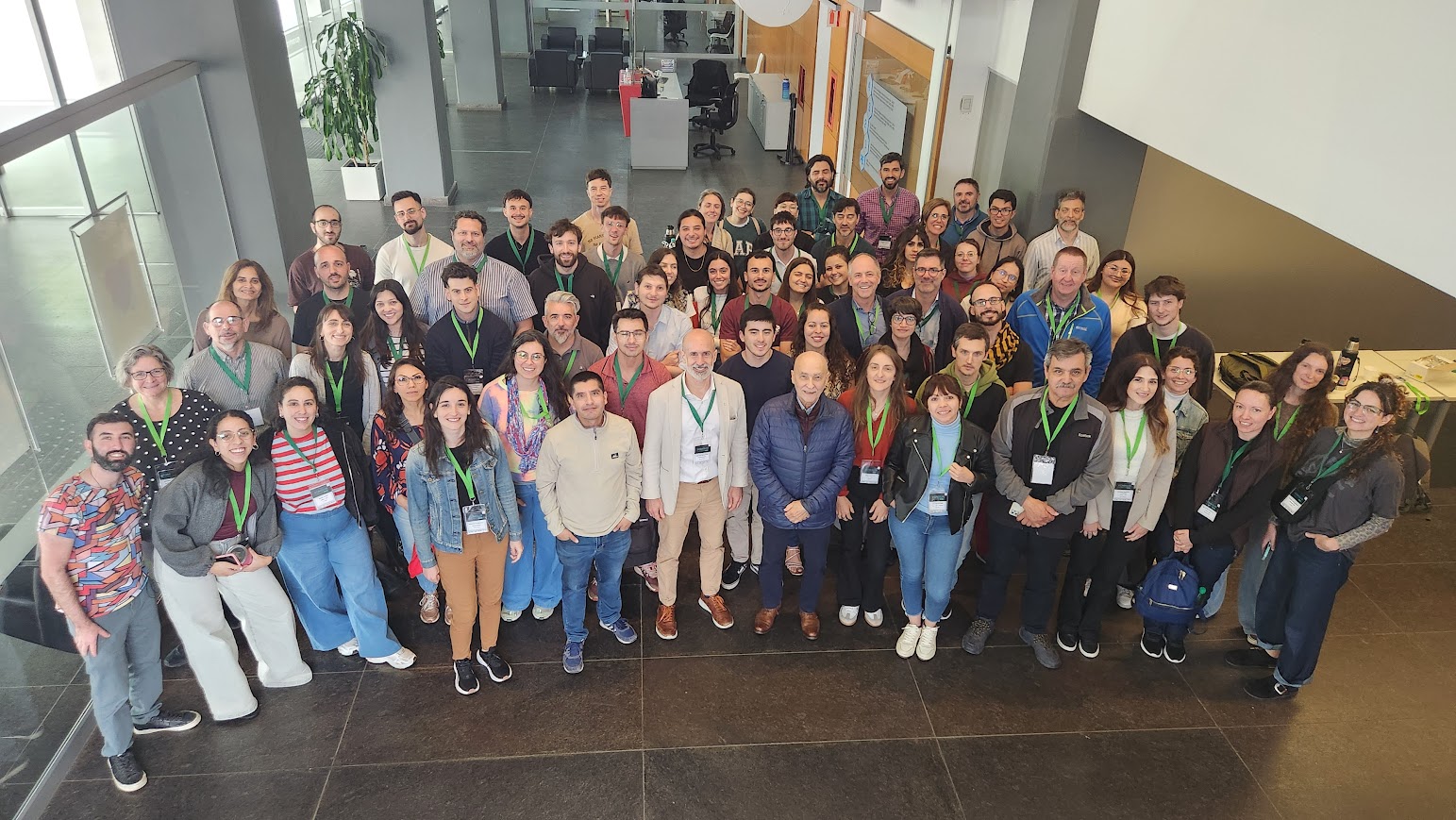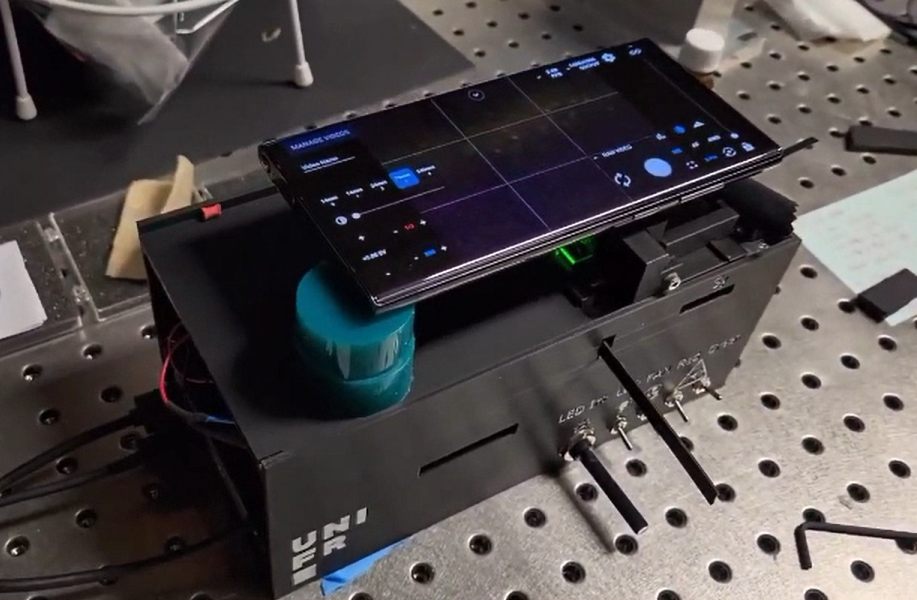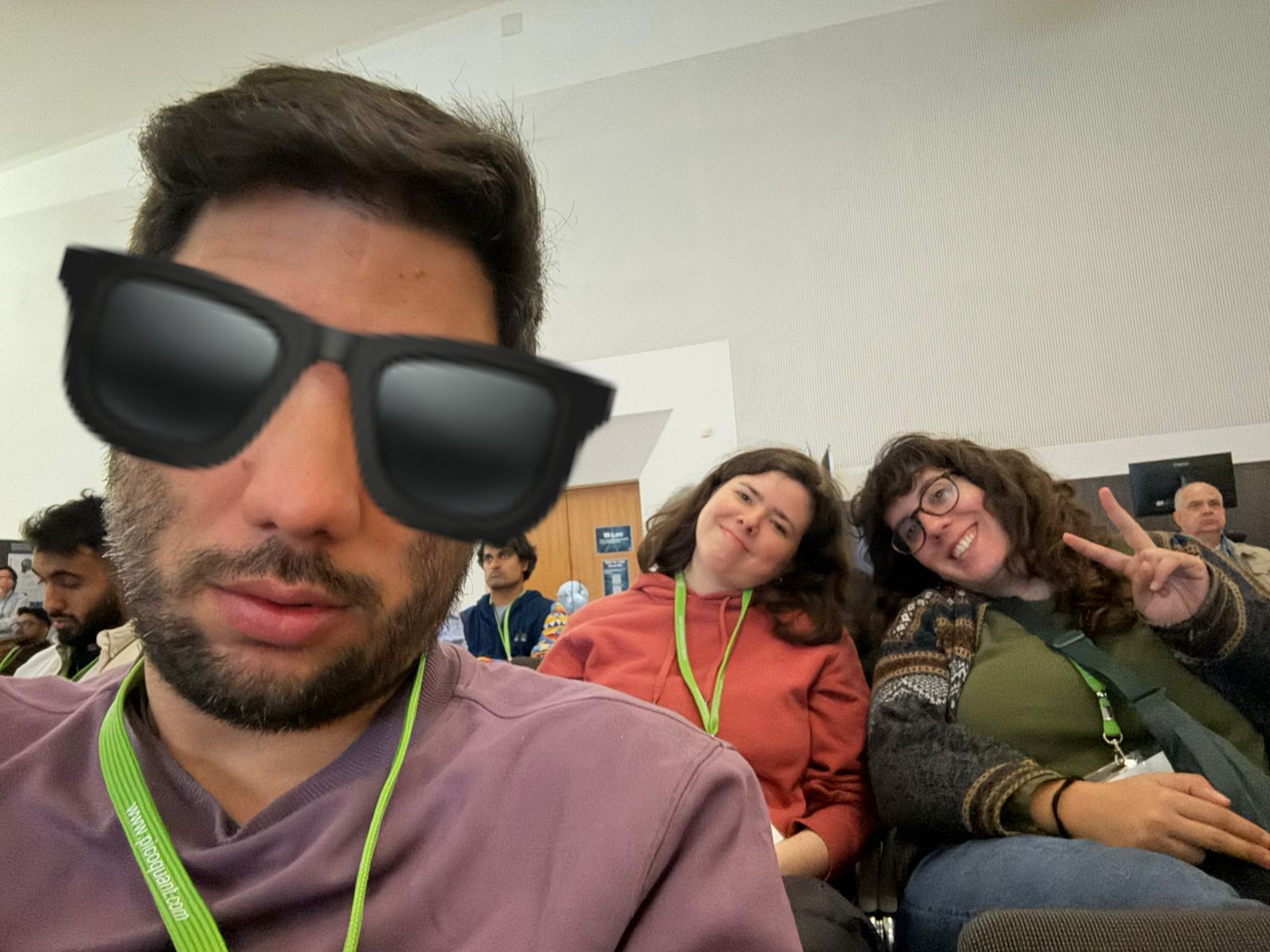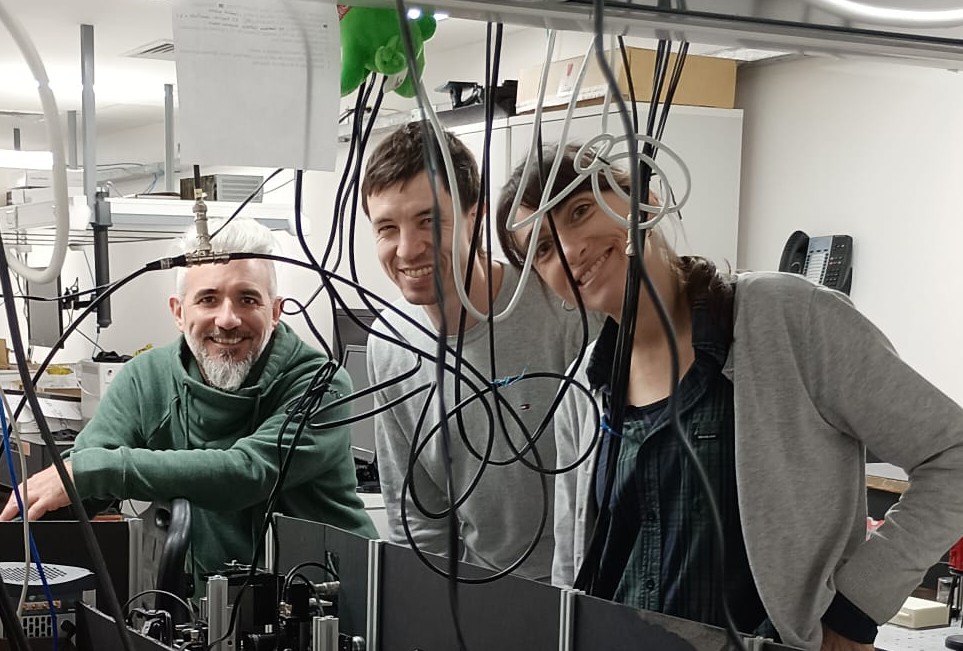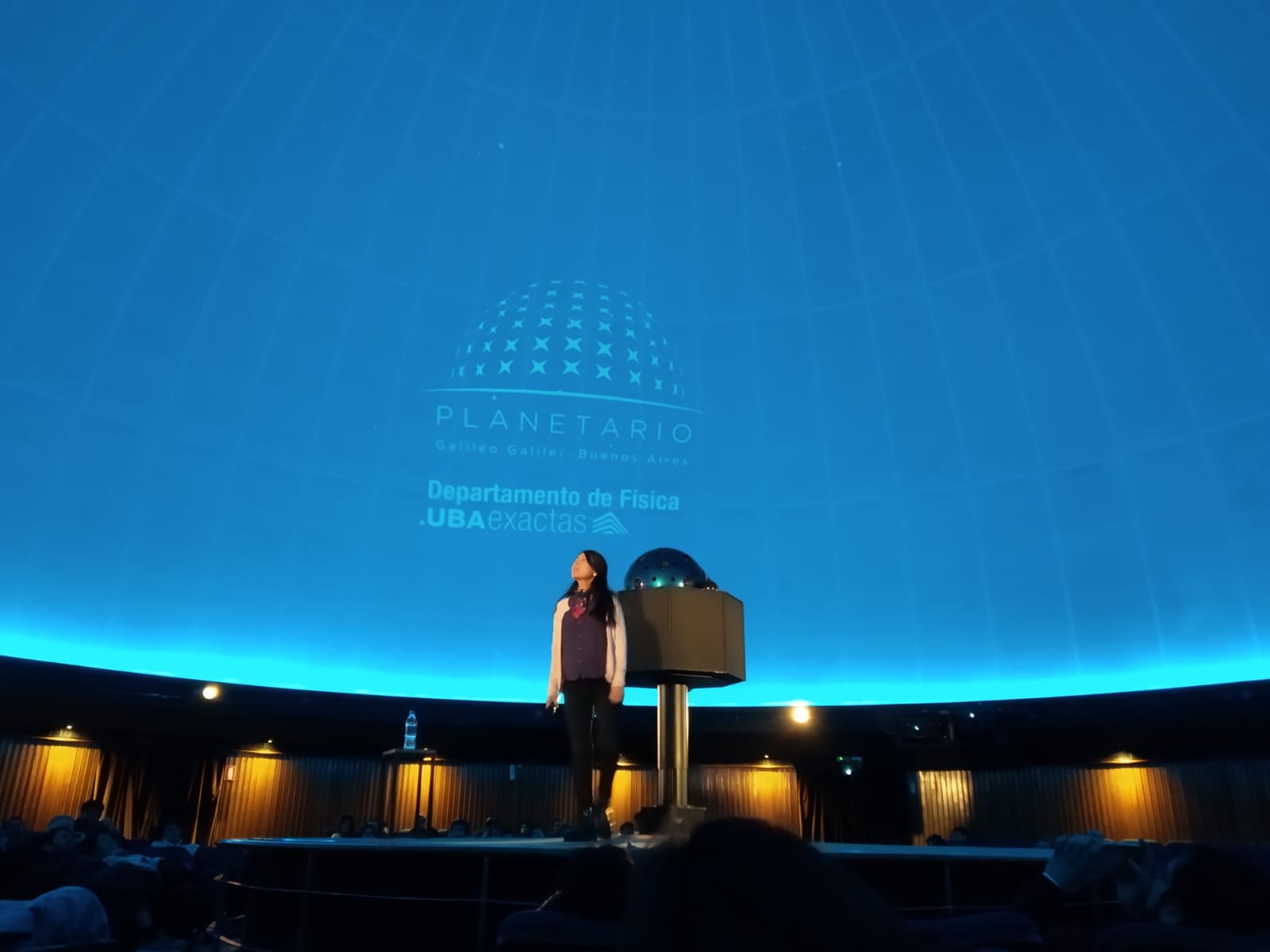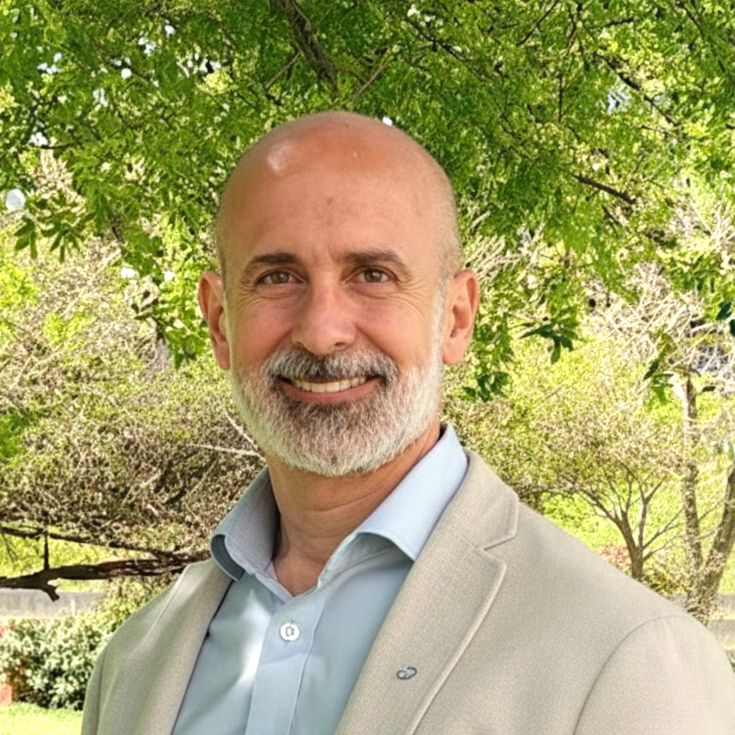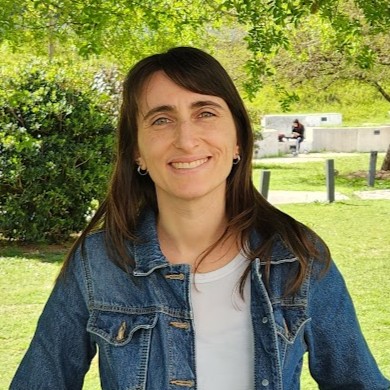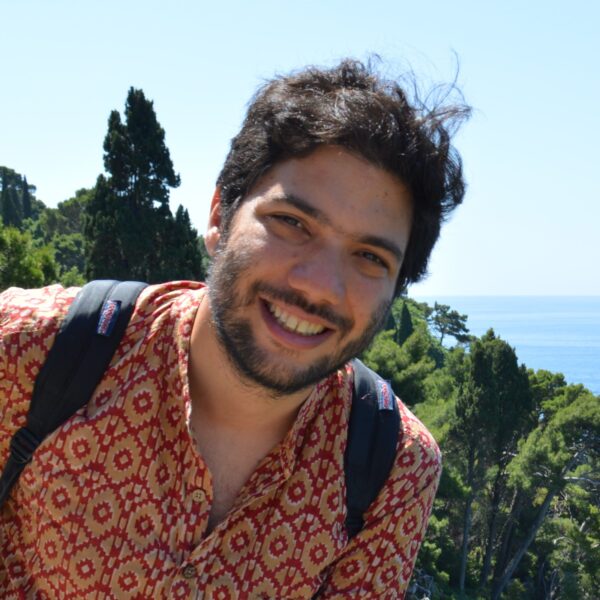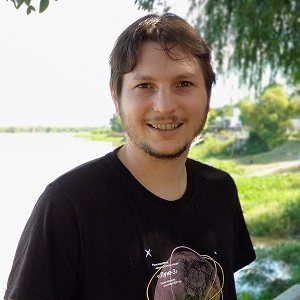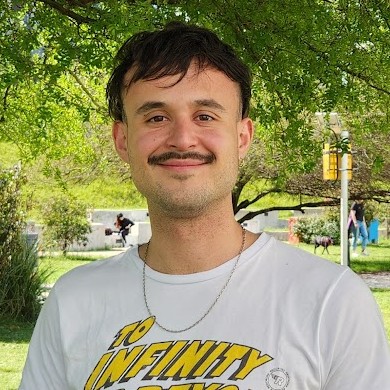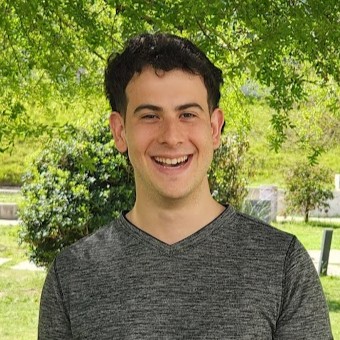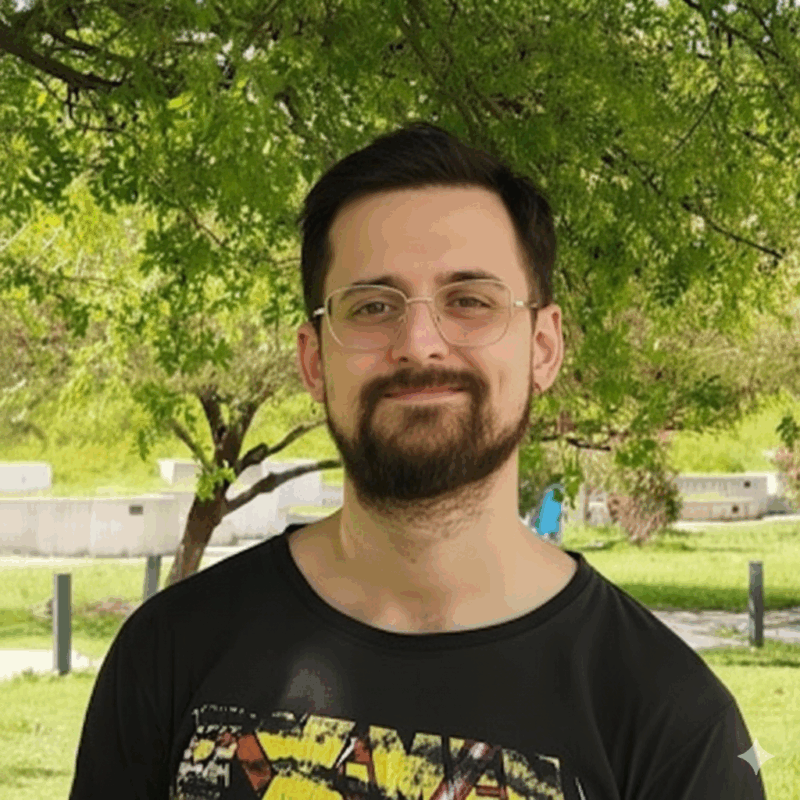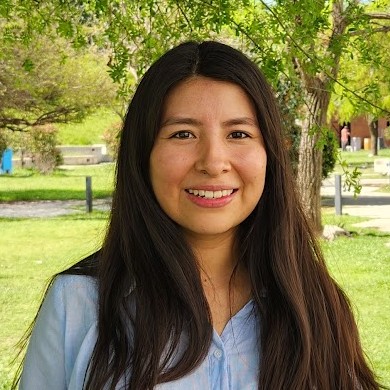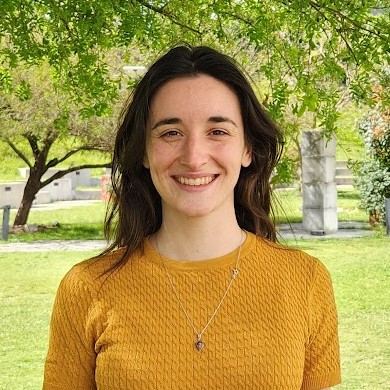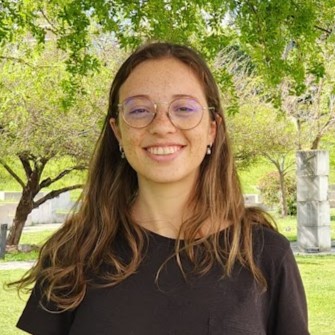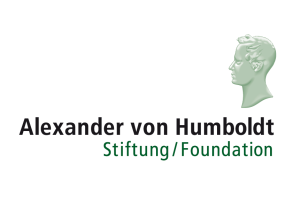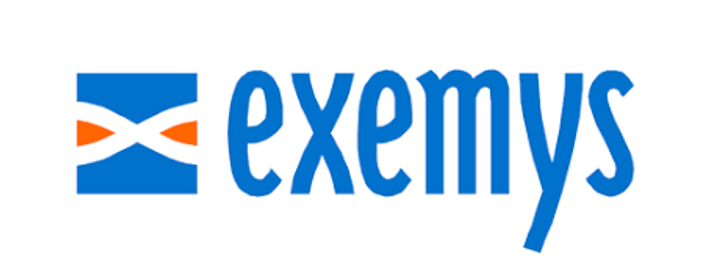Center for Bionanoscience Research (CIBION), National Scientific and Technical Research Council (CONICET)
Physics Department, Faculty of Exact and Natural Sciences, University of Buenos Aires (UBA)
Using optical methods, we explore the properties and technological applications of nanoparticles, single molecules, nanostructured materials, supramolecular assemblies, biological and hybrid nanosystems.
The Applied nanoPhysics Group was launched in October 2009 at the Physics Department, Faculty of Exact and Natural Sciences, of the University of Buenos Aires (UBA)
In 2012 we moved our labs to the Center for Bionanoscience Research (CIBION) of the National Scientific and Technical Research Council (CONICET), while Prof. Stefani still holds his position at the Physics Department of the University of Buenos Aires.
CURRENT RESEARCH ACTIVITIES
Fluorescence nanoscopy.
Super-resolution fluorescence microscopy, also known as fluorescence nanoscopy, has revolutionized biological imaging because they provide deep sub-wavelenght spatial resolution while keeping the low-invasiveness of far-field optical interrogation. We apply and optimize well-established methods like STED and STORM, and develop new ones, such as MINFLUX, and open-source software for fluorescence nanoscopy. With them, we address questions of cellular and neuronal biology.
Optical printing colloidal nanoparticles.
Colloidal chemistry enables the fabrication of nanoparticles of different shapes, sizes and material compositions, that exhibit unique physical and chemical properties, inexistent in bulk materials. In order to make use of those properties in devices and circuits, it is necessary to develope methods to bring the colloidal nanoparticles from the liquid phase to specific locations of solid substrates. We address this challenge using optical forces.
Self-assembled Nanophotonic Devices.
Semiconductor-based devices are approaching intrinsic limits of speed and heat dissipation.
Optical devices are faster and practically loss-less, but their size miniaturization is limited by the wavelength of light. Nanophotonics and Plasmonics deals with the manipulation of light at the nanoscale. We investigate light-matter interaction between single-photon emitters and metallic nanoparticles organized in nanodevices by self-assembly.
LATESTS NEWS
Prof. Fernando D. Stefani Joins the Editorial Board of Light: Science & Applications
We are pleased to announce that Prof. Fernando D. Stefani has been appointed as a member of the Editorial Board of Light: Science & Applications (LSA), one of the world’s leading journals in optics and photonics. Published by Nature Portfolio, LSA is a peer‑reviewed, open‑access journal covering all aspects of [...]
Open-source sub-nanometer stabilization system for super-resolution microscopes
All optical microscopes, regardless of how well they are constructed, exhibit some degree of mechanical drift. This drift corresponds to an uncontrolled relative motion between the sample and the objective lens, which can distort images and reduce spatial resolution. A basic research‑grade microscope typically shows a drift on the [...]
FOMISUR 2025: Training the Next Generation in Super‑Resolution Microscopy
From November 4th to 7th, as one of our main activities of the Federal Network of Super-resolution Microscopy, we organized the second edition of FOMISUR (Formación en Microscopía de Super‑Resolución), a hands‑on training workshop dedicated to the principles and applications of super‑resolution fluorescence microscopy. The event brought together students, [...]
Light in South America Conference – Rio de Janeiro
The Light in South America (LiSA) Conference 2025 is a landmark international event co-organized by the Alliance of International Science Organizations (ANSO) and the Brazilian Academy of Sciences, under the framework of the Belt and Road Initiative (BRI) and with the support of journals Light: Science & Applications and [...]
Collaboration with Uni Fribourg – Nature Communications: Single fluorescente molecules on a smartphone
Detecting single molecules is the ultimate detection limit. Among other applications it enables measurements beyond ensemble averaging, ultraprecise analytics and super-resolution imging. Typically, detecting single fluorescent molecules has required costly, research-grade equipment. In our latest publication we present an inexpensive setup that leverages current smartphone technologies to detect single [...]
PicoQuant 30th International Workshop on “Single Molecule Spectroscopy and Super-resolution Microscopy”
Since 1995, the company PicoQuant GmbH from Berlin organizes the annual Single Molecule Spectroscopy (SMS) Workshop, which brings together the top researchers in the field, interested scientists from other fields and potential users from life and materials science or industry. This year, for the 30th edition, more than 250 [...]
Red Federal de Micoscopía de Super-Resolución : comienza la construcción y el entrenamiento para los dos primeros microscopios
Rodrigo Vena y Juan Ignacio Etchart, ambos profesionales de la Carrera de Personal de Apoyo del Consejo Nacional de Investigaciones Científicas y Técnicas (CONICET) vinieron a CIBION en junio para comenzar a entrenarse en microscopía por ubicación de moléculas individuales y construir sendos microscopios para luego instalar en sus [...]
Day of the Department of Physics at Buenos Aires´ Planetarium
On August 14, we participated in the Day of the Department of Physics, a tradition for the past 13 years where the entire Physics Department of the University of Buenos Aires (UBA) gathers in a venue outside the University. This is a wonderful opportunity to continue building the community [...]
COLLABORATORS
STEFAN HELL
Max-Planck-Institute for Biophysical Chemistry (Göttingen, Germany)
THOMAS JOVIN
Max-Planck-Institute for Biophysical Chemistry (Göttingen, Germany)
ALFREDO CÁCERES
Instituto Universitario de Ciencias Biomédidas de Córdoba (Córdoba, Argentina)
PHILIP TINNEFELD
Ludwig-Maximilians-University Munich (Germany)
GUILLERMO ACUNA
University of Fribourg (Switzerland)
ANDRÉS ZELCER
Centro de Investigaciones en Bionanociencias (Buenos Aires, Argentina)
ANDREA BRAGAS
University of Buenos Aires (Argentina)
DARÍO KRAPF
Instituto de Biología Molecular y Celular de Rosario (IBR – Santa Fe, Argentina)
SABRINA SIMONCELLI
University College London (UK)
DAMIAN REFOJO
Biomedicine Research Institute of Buenos Aires (Argentina)
RODRIGO PALACIOS
Universidad Nacional de Río Cuarto (Córdoba, Argentina)
OSCAR CAMPETELLA
Universidad Nacional de General San Martín (Buenos Aires, Argentina)

